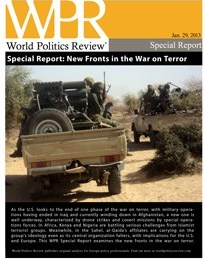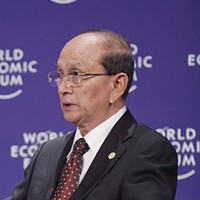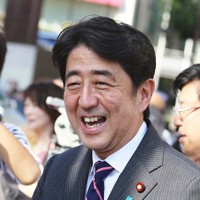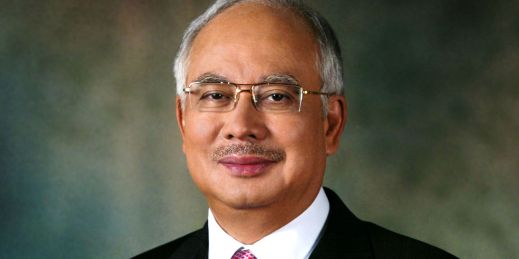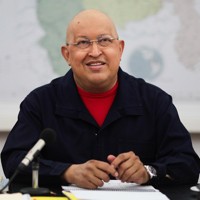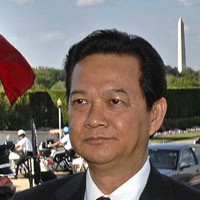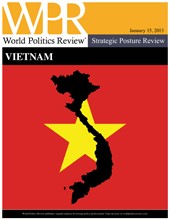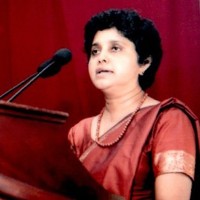
The U.S. Treasury Department asserted earlier this month that informal financial transactions through networks known as hawala are helping Iran evade international sanctions. In an email interview, Roger Ballard, a consultant anthropologist and director of the University of Manchester’s Center for Applied South Asian Studies who has written extensively on hawala, explained the long history of these networks and how they currently operate. WPR: What purposes are the hawala networks in Iran used for, and what volume of transactions passes through them? Roger Ballard: For well more than a thousand years, traders operating throughout the Indian Ocean region have routinely […]


